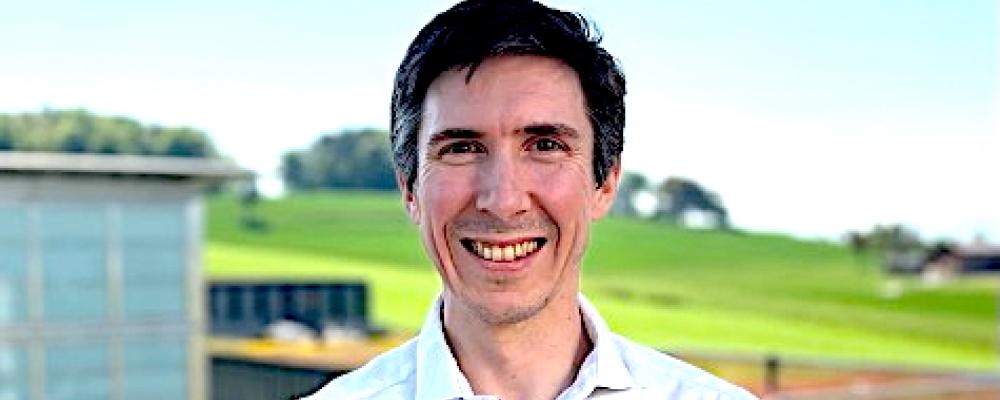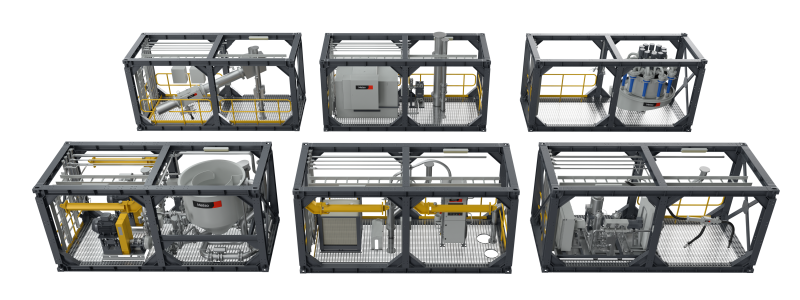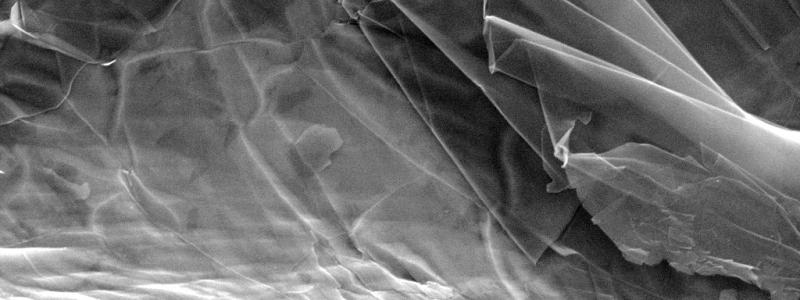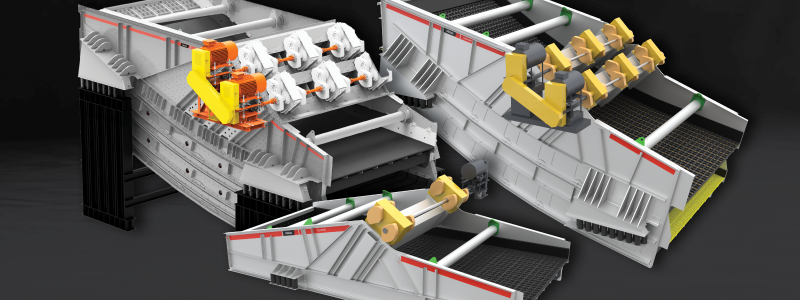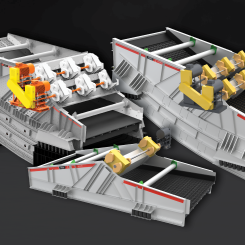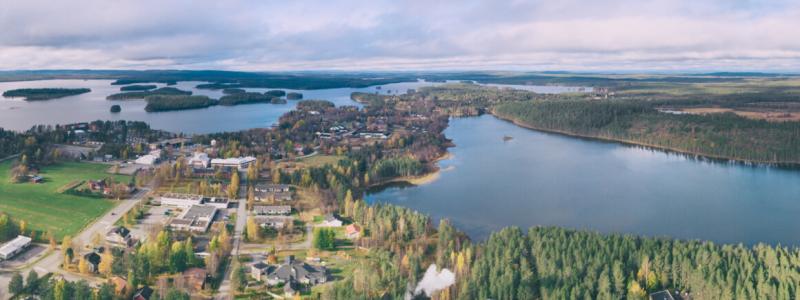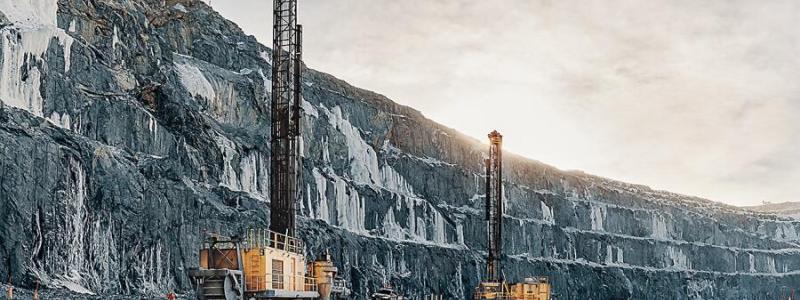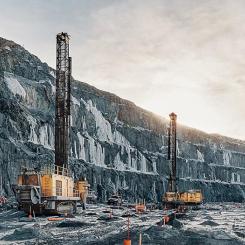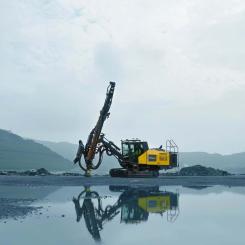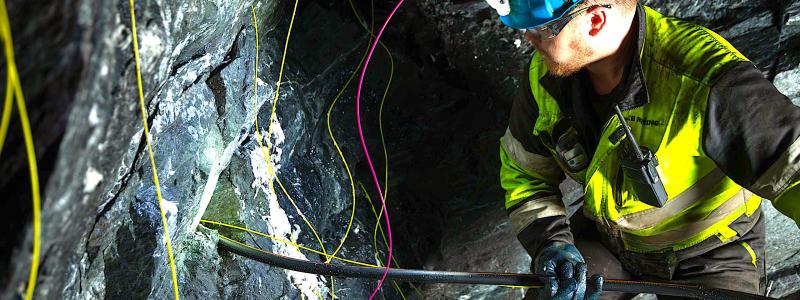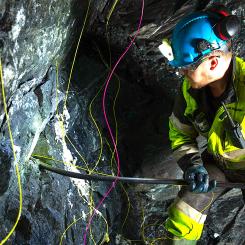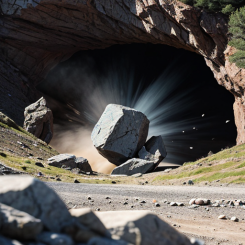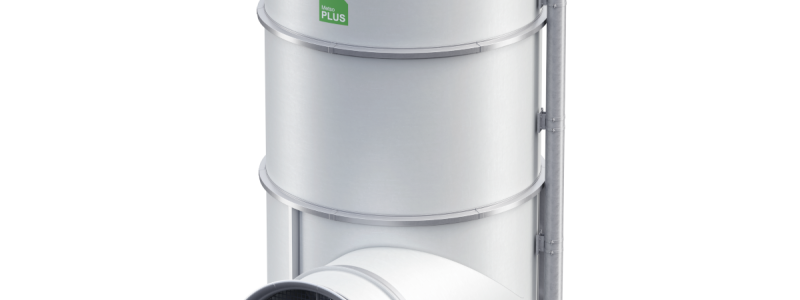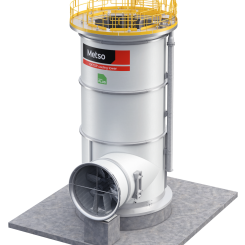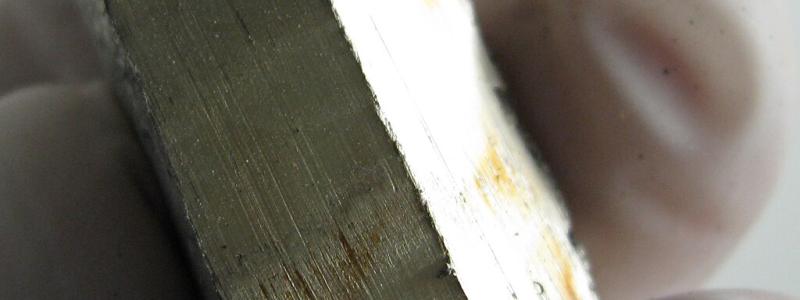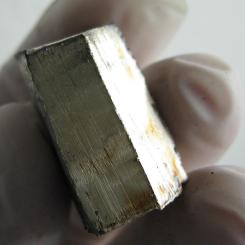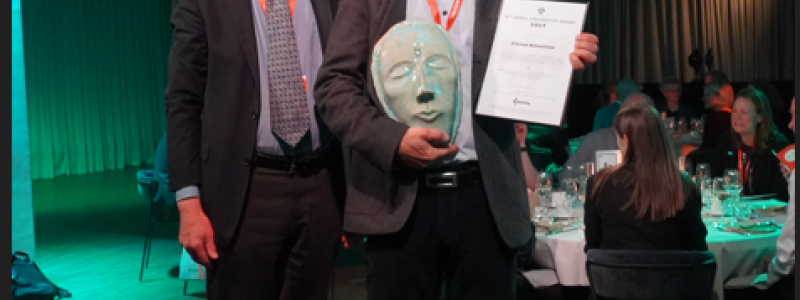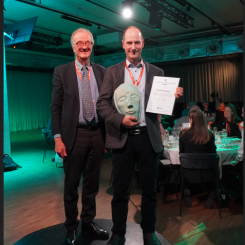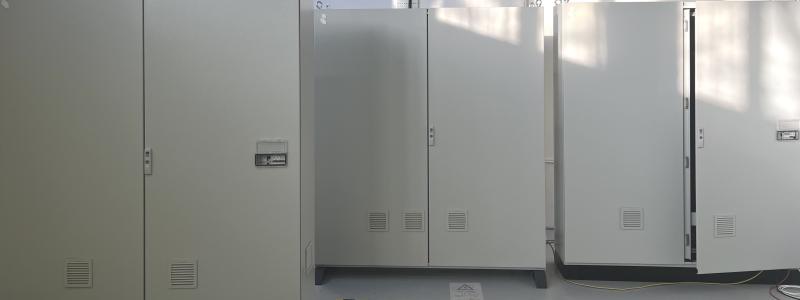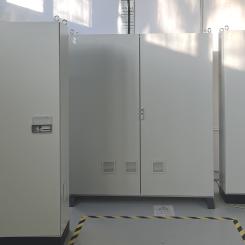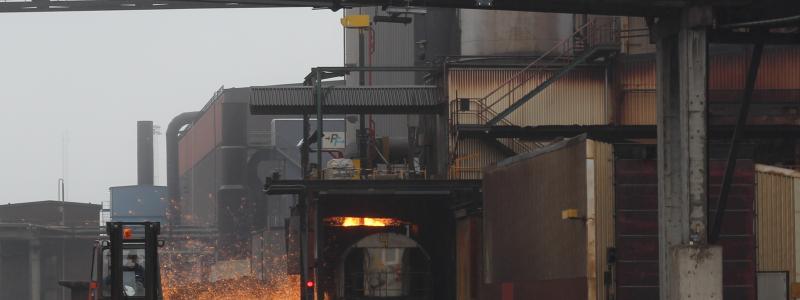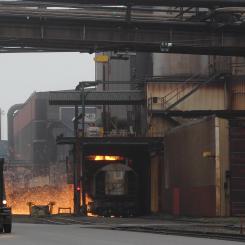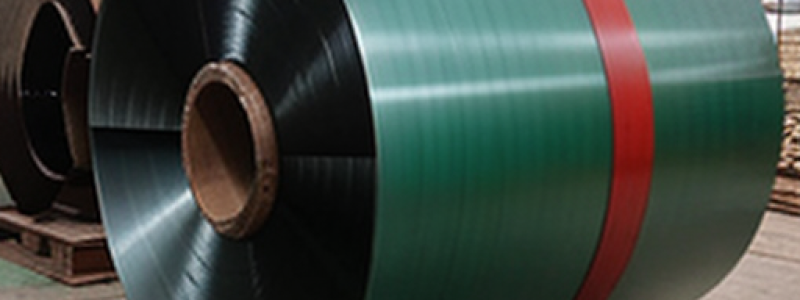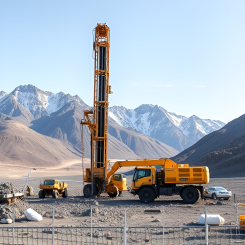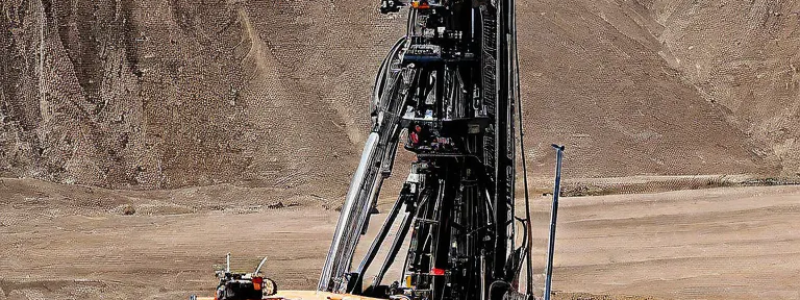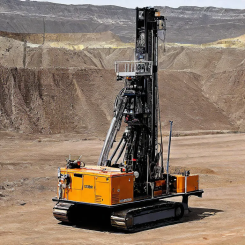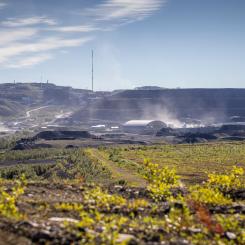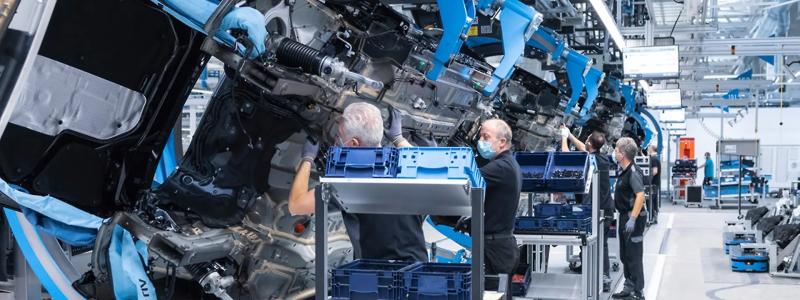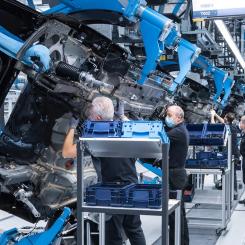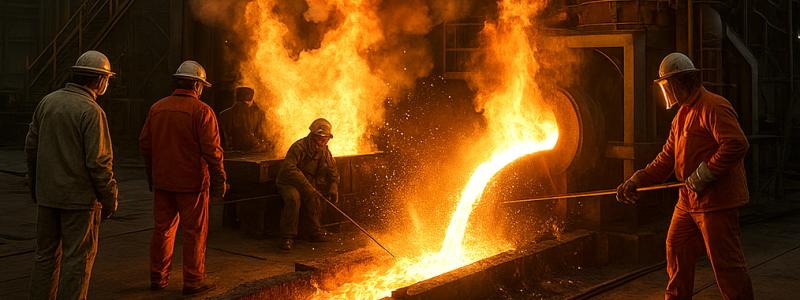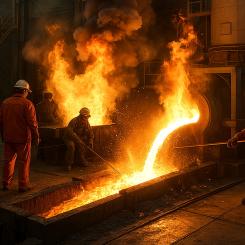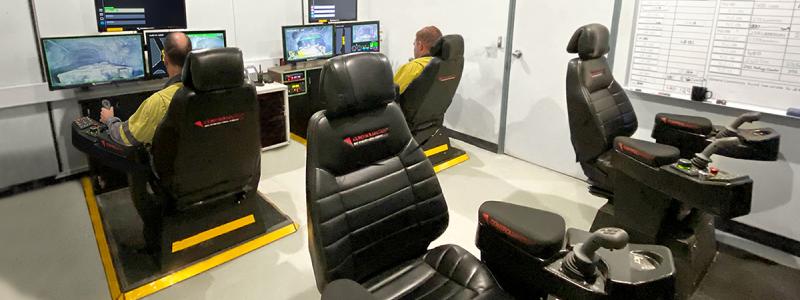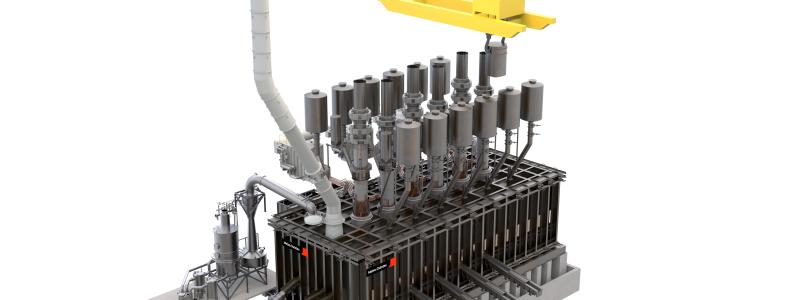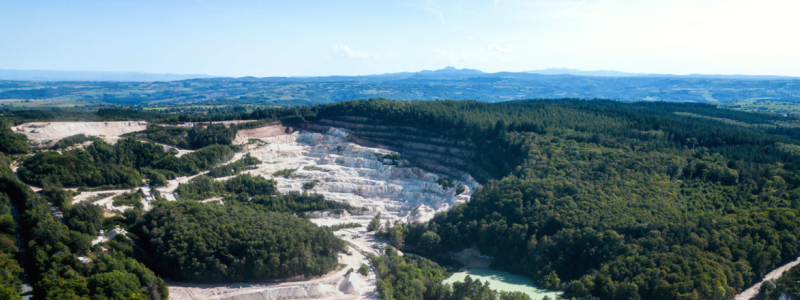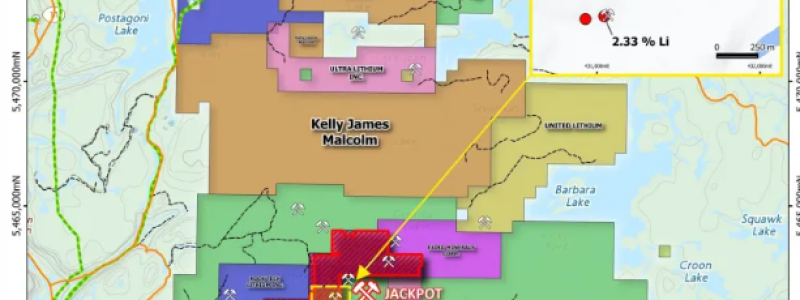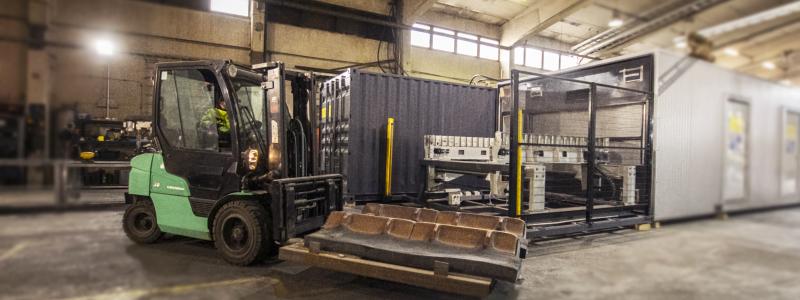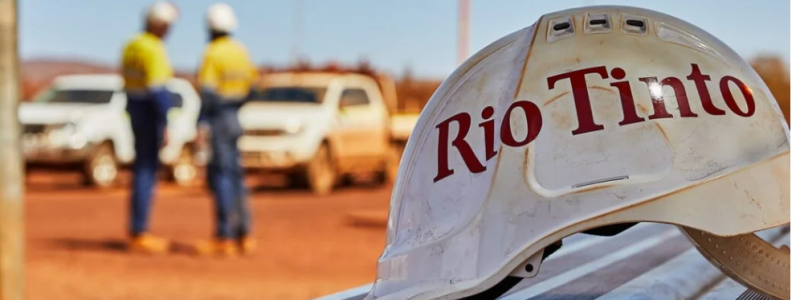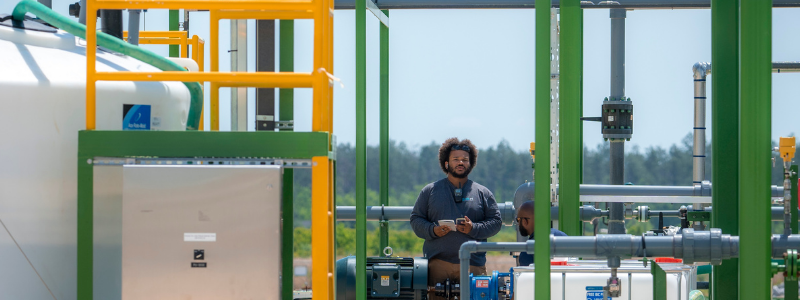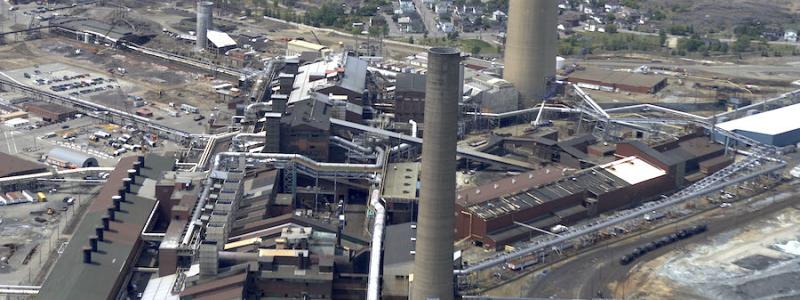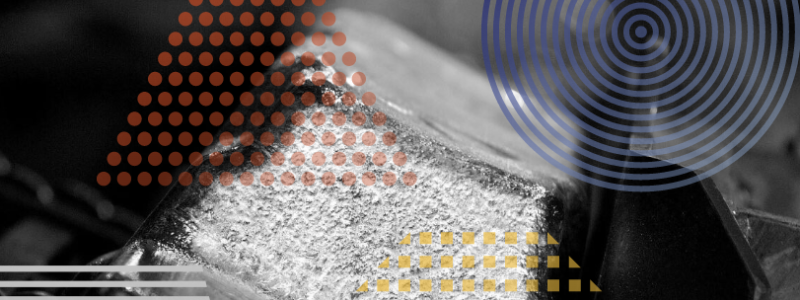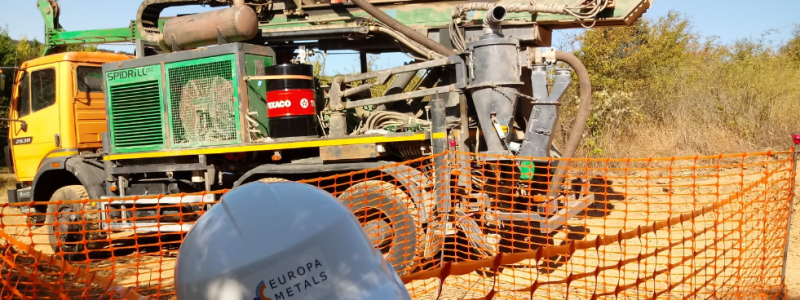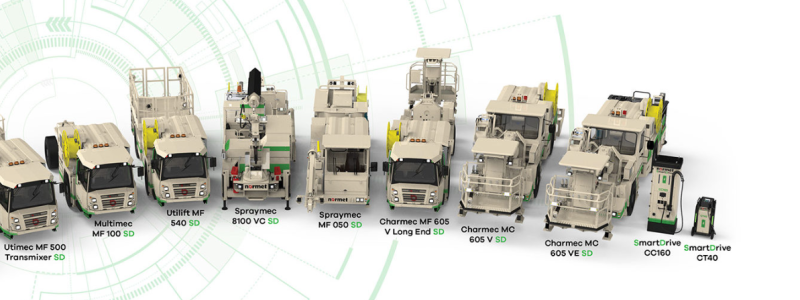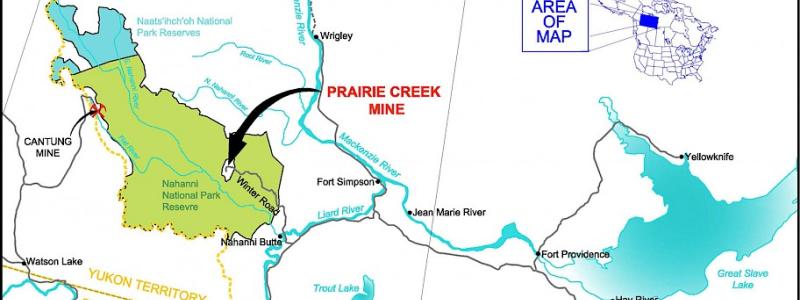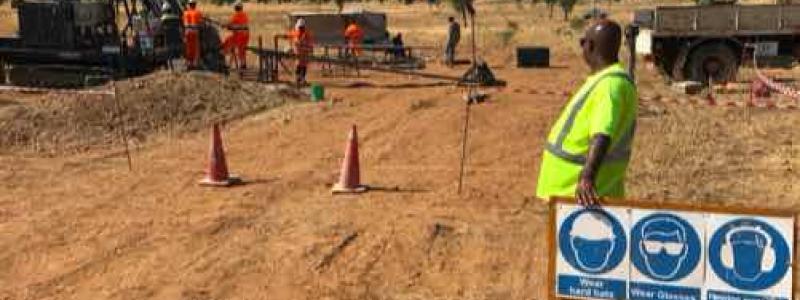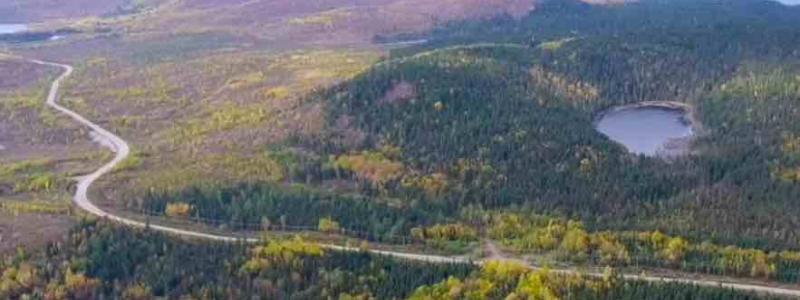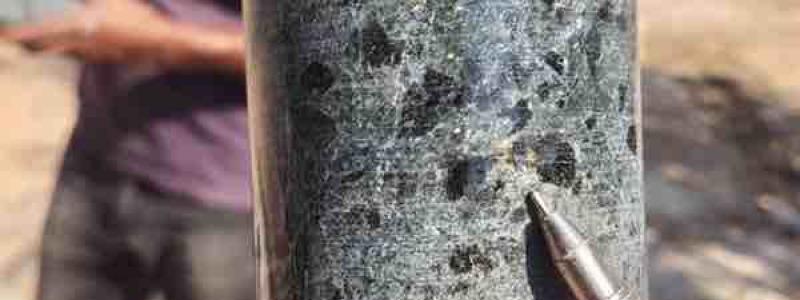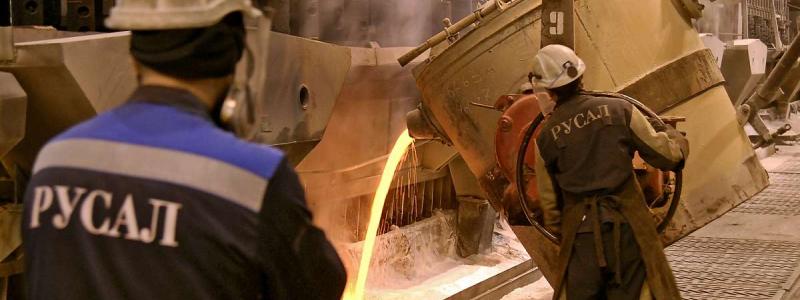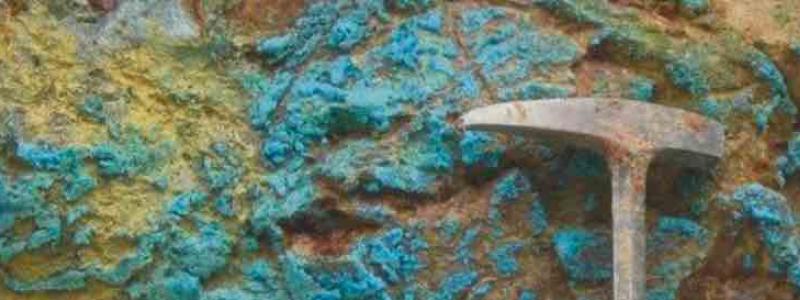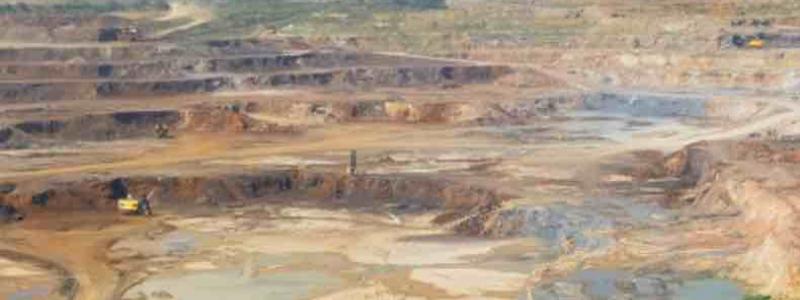Matti Hietanen, Director of Mining and Battery Development, was newly commenting ongoing heated debate on mining industry and law in Finland. His personal view was presented in the Finnish newspaper Talouselämä.
- Since the turn of the year, there has been a wide debate on the reform of the Mining Act. New mining taxes have been requested in Finland, and it has been proposed to renew the mining closure system, Hietanen explained.
Prior to significant policies, less attention should be given to less well-considered aspects. Mining is a long-term activity. Finding a promising ore for the start of excavation will take 10-15 years.
- Mines often work for decades. The time horizon emphasizes the need for long-term and predictable political guidance, said Hietanen.
The profitability of mining that requires large investments depends on the prevailing metal price. It follows from cyclicality that mine owners must also withstand in bad times.
- There are often two complaints about mining in the public debate. First of all, it is thought that "foreign mining waste" will repair the economic benefits of mining, and Finns are blue-eyed when maintaining a generous system, stressed Hietanen.
Another frequent view, according to Hietanen, is that the ”international mining companies will leave the country after having benefited from it, and will leave traces of clean-up to Finnish taxpayers.”
The only significant foreign cash flow in foreign ownership is, according to Hietanen, the profit of the business.
- If you want to keep your winnings in Finland, you also have to accept business risks and loss-making periods and find domestic owners, said Hietanen.
Increasing the size of domestic ownership requires attracting large institutional investors to the industry, or increasing the stakes available to the state owner.
The Mining Act provides compensation for landowners. Mining compensation is paid regardless of profitability. Similar practices are followed in the control countries. In some systems, royalties are paid out of profits or capital gains.
Comparison between countries is important, but it can, according to Hietanen, mislead greatly those who compare only a single payment, rather than the total cost of the activity.
- The money invested in mining remains largely in the region and is directed, among other things, to the business of subcontractors. ”
- It is dangerous to think that we would be free to impose new fees on mining because 'the pit cannot be moved elsewhere'. A single mine cannot be moved, but Finnish mining projects have to compete for funding with foreign projects, said Hietanen
Possible new payments are part of the total cost of the operation. They affect decisions on the financing, opening and operation of mines.
In matters related to mine closures, the environmental permit granted under the Environmental Protection Act is more relevant to the Mining Act. The permit lays down security requirements for the restoration of the mining area, which has increased significantly in Finland in recent years.
The collateral will only be used in exceptional circumstances if the mining company is unable to take care of the closure. Primarily, the mining company is responsible for the costs of restoration operations and prepares for them as part of the planning of its operations.
- A good security system is in everyone's interest. The system could possibly be developed in a direction where the premiums would not be paid as financing costs to international credit insurers but would be financed, for example. Funded payments could be used for research and development in this field, explained Hietanen.
Mining is precisely regulated. Opening a mine requires dozens of permits from different authorities, and the permits are closely monitored. Shortcuts to environmental safety and responsibility are not accepted by companies and supervisors in the industry.
- As a mining country, Finland is exceptionally well placed on the doorstep of the electric car boom in Europe. We can provide all kind of major raw materials for lithium-ion batteries and stand out with responsibility. This competitive advantage should not be jeopardized by imprudent action, stated Hietanen.
The current Mining Act is from 2011, and no new mines have yet been established. There seems to be broad support for the revision of the law.
- We need the courage to make thoughtful and wise solutions, the effects of which have been carefully assessed in collaboration with industry and various stakeholders, concluded Hietanen.









